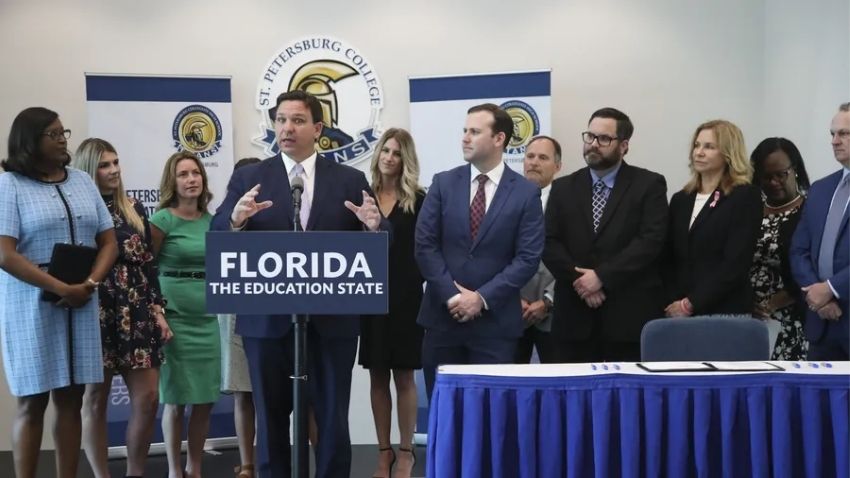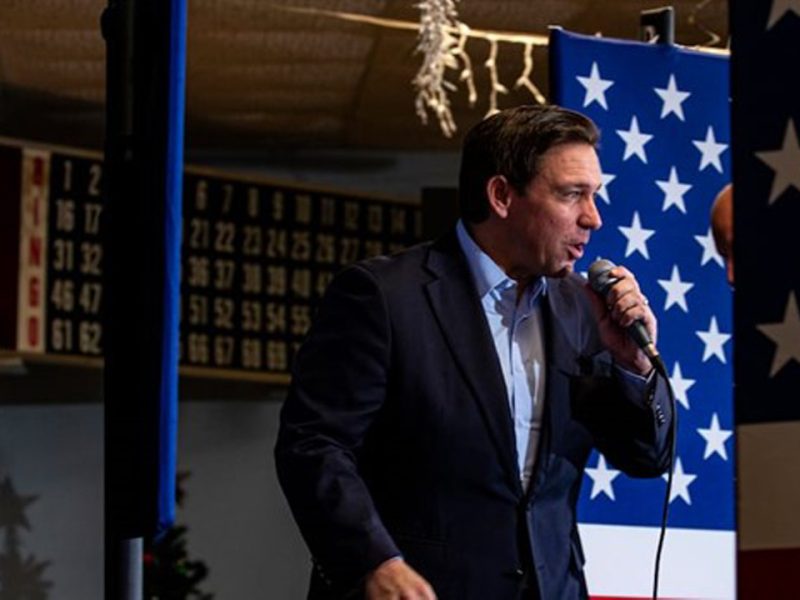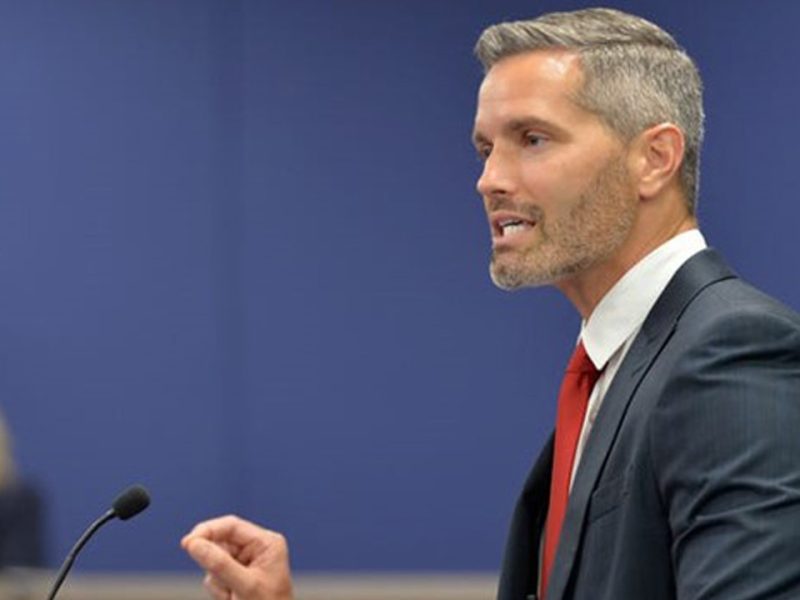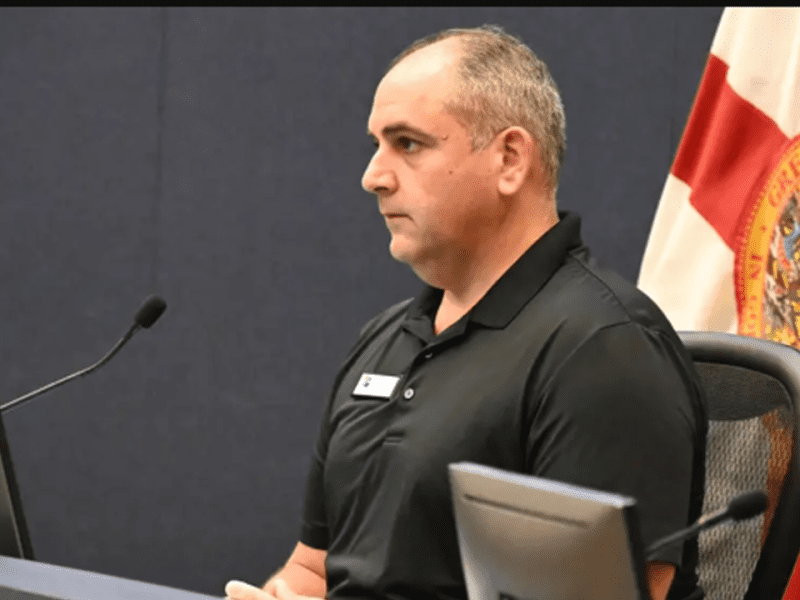
Many Florida teachers will see raises starting July 1. But how much, and who gets them?
Tampa Bay Times | By Ana Ceballos | March 22, 2022
Florida will be setting aside hundreds of millions of dollars to boost the pay of thousands of Florida teachers, including veteran educators, as part of a multi-year effort.
The pay increases will benefit teachers in more than a dozen school districts that are still trying to bring the minimum base salary for teachers to $47,500 — a top priority for Gov. Ron DeSantis for the last three years.
Starting July 1 with the new fiscal year, there will be more offered to veteran teachers, who already make above the base salary and who have not benefited from earlier initiatives.
The money is included in a $112 billion budget that Florida lawmakers approved earlier this month. While DeSantis has not officially signed it, he announced on Monday that the teacher pay initiatives are a done deal.
“If you want to recruit more people to come in, they’ve got to be able to afford to be teachers,” DeSantis said at a press conference in Wellington. “What we’ve been able to do, over the last three years, is $2 billion for increasing teacher compensation across a variety of initiatives.”
But there are still some nuances attached to the money. Here is what we know:
- Florida lawmakers approved $800 million to “keep the momentum going” on teacher pay, which is $250 million above what was approved for the same efforts last year.
- The budget spells out that the first half of those additional funds should be spent by the districts to give pay raises to full-time classroom teachers and certified pre-kindergarten teachers who do not yet make at least $47,500 — or to work toward the maximum amount achievable. According to 2020-21 data from the Florida Department of Education, the average teacher salary in 29 of Florida’s 67 school districts is less than the goal of $47,500.
- The teachers who are eligible for these funds need to meet the state’s definition of a classroom teacher. That definition, for instance, does not include substitute teachers, guidance counselors, media specialists or librarians.
- The other half of the $250 million is to be used by districts to compensate veteran teachers who have not benefited from past initiatives.
It remains unclear how many veteran teachers will benefit from the pay initiative. The Florida Education Association, the state’s largest teachers union, is working on doing a full breakdown of the budget at the county level that could detail how many teachers could be getting pay increases, and how much.
The state did not change the law that requires raises for highly-evaluated teachers on annual contracts to exceed those of teachers on continuing contracts. That requirement could create some pay disparity known as “compression.”
Another thing to note is that as the state money goes to districts with a set of rules to follow. The teachers unions will be bargaining with their school districts, not the state.





